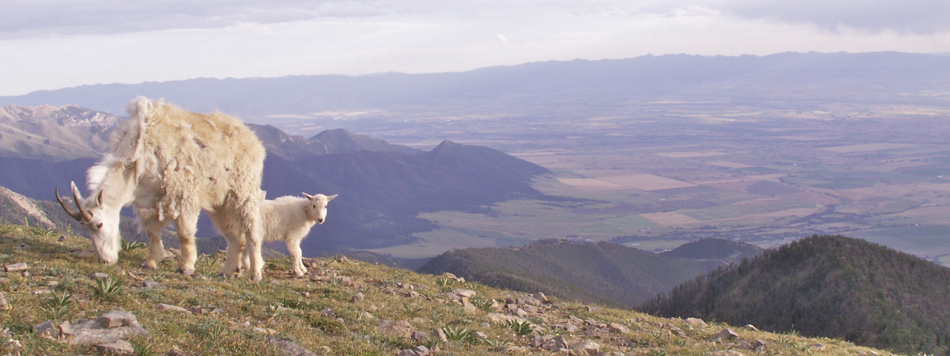

|
|

I teach both Earth Science (3 sections) and Honors Earth Science (2 sections) at Helena High School. Parents, students, and guidance counselors often ask about the differences between these two courses. There is one other teacher who each teaches a section of Honors Earth Science, and we each take a slightly different approach - So the following statements do not necessarily apply to the course taught by the other teacher. Quite frankly, during recent years there have been several students enrolled in my honors courses that had no business taking "honors". If you plan to play soccer or volleyball in the fall, you should not take an honors class sixth or seventh period - You will miss too many classes and it will be tough to get off to a good start. Also, consider taking an early period class to avoid missing so many seventh period classes.
1. Students in honors courses are generally (but, not always) better readers (reading comprehension), more interested in science, have a better aptitude for understanding difficult science concepts, are more organized, more disciplined in their approach to homework, and more motivated to excel in science. It is important to note that earning A's in middle school science is certainly no guarantee that you will earn an "A" in Honors Earth Science. The second semester grades for my Honors Earth Science students in June 2013 were as follows: 16 students earned A's, 21 earned B's, 11 earned C's, and 5 earned D's. Many of the students who earned B's in Honors Earth Science were "straight-A-students" in middle school.2. Some middle school teachers offer extra credit for individual students upon request. I do not do that. If your grade is lower than you would like it to be, do not ask me to give you some sort of extra credit project or assignment to inflate your grade!
3. My honors and regular Earth Science courses cover the same topics in the same sequence. However, honors students are expected to do more reading, think harder, and be able to apply higher level of mathematics to the science.
4. Honors students will do many of the same learning activities and assignments as other students. However, they will be asked questions (on labs and worksheets, etc.) that require a deeper understanding of the topics. They will also be expected to do additional reading assignments, homework assignments, papers, and activities.
5. Honors students will be required to write more papers than students enrolled in regular Earth Science. During third quarter they will have a choice. They can either write a paper, or do a project/presentation at the Science Circus event, which takes place on a Friday and Saturday in late March. CLICK HERE to print a handout that provides details of the project. CLICK HERE to print a list of possible topics for the project. The project (or paper) will part of the third quarter grade. There may be a paper assigned during fourth quarter as well.
6. Honors tests are more challenging. Many of the questions will be the same, but the test for honors students will include additional, more difficult questions. Honors students may make come in during the week following the test and make corrections only if they score below 70% on a test (to bring it up to a 70%), whereas other students may make corrections no matter what their score is.
6. I will post a weekly plan for my honors classes - It can be accessed through bengalfrosh.com.

Benson took this photo on Sacajawea Peak in the Bridger Range in July of 2012.